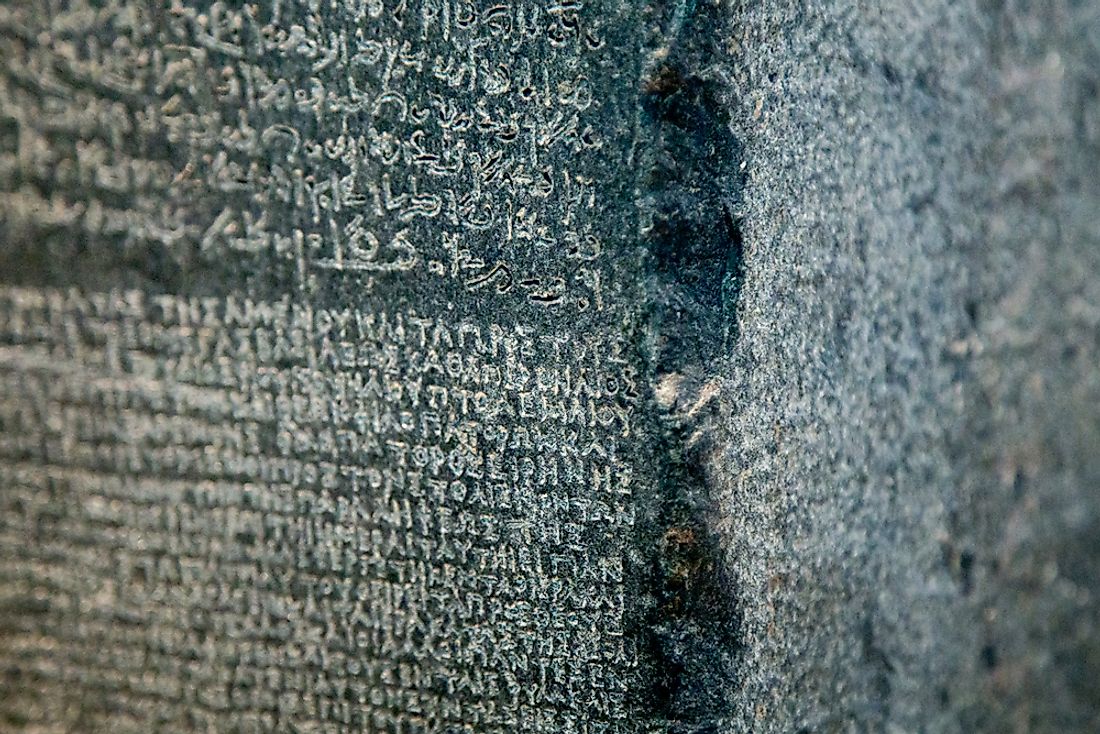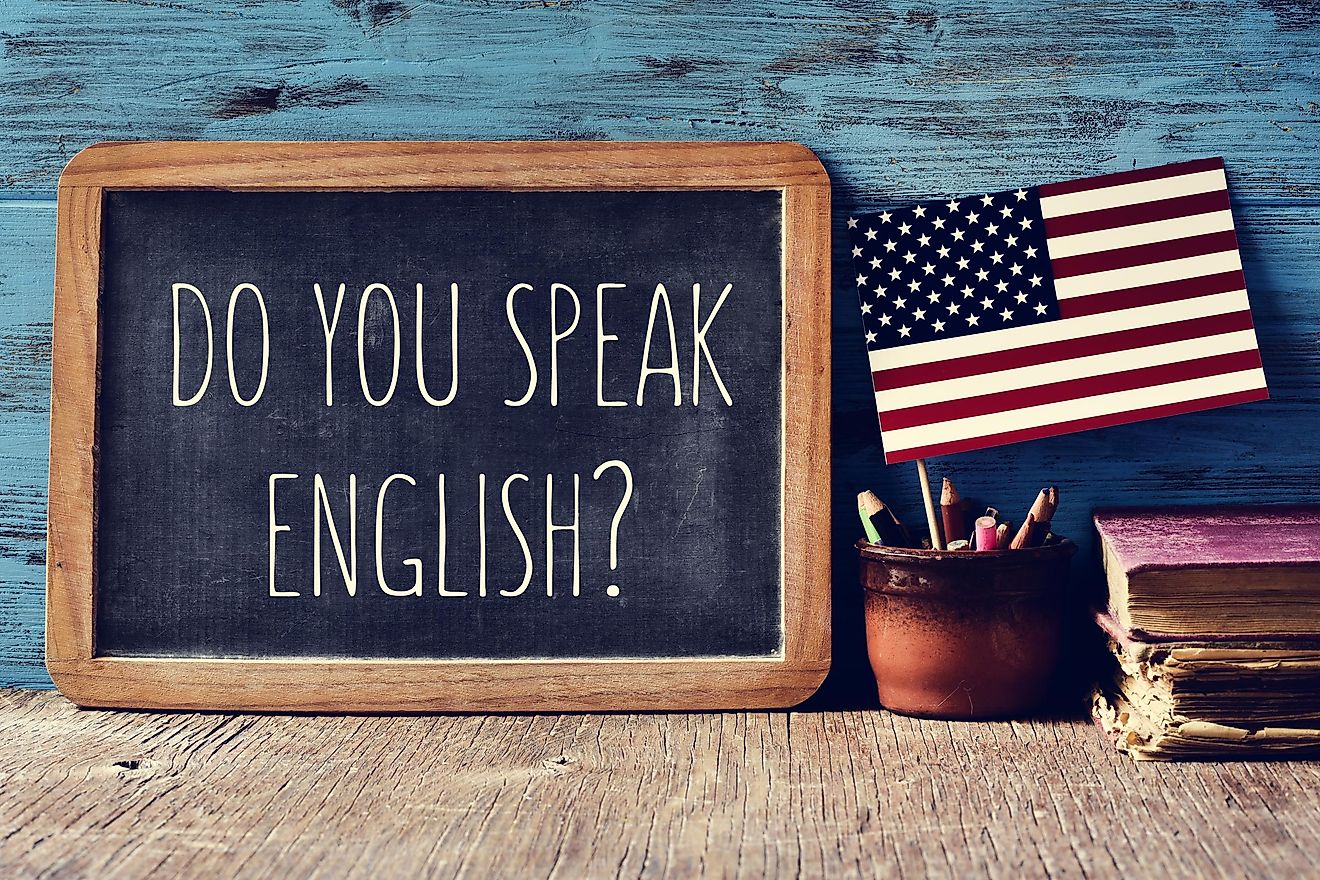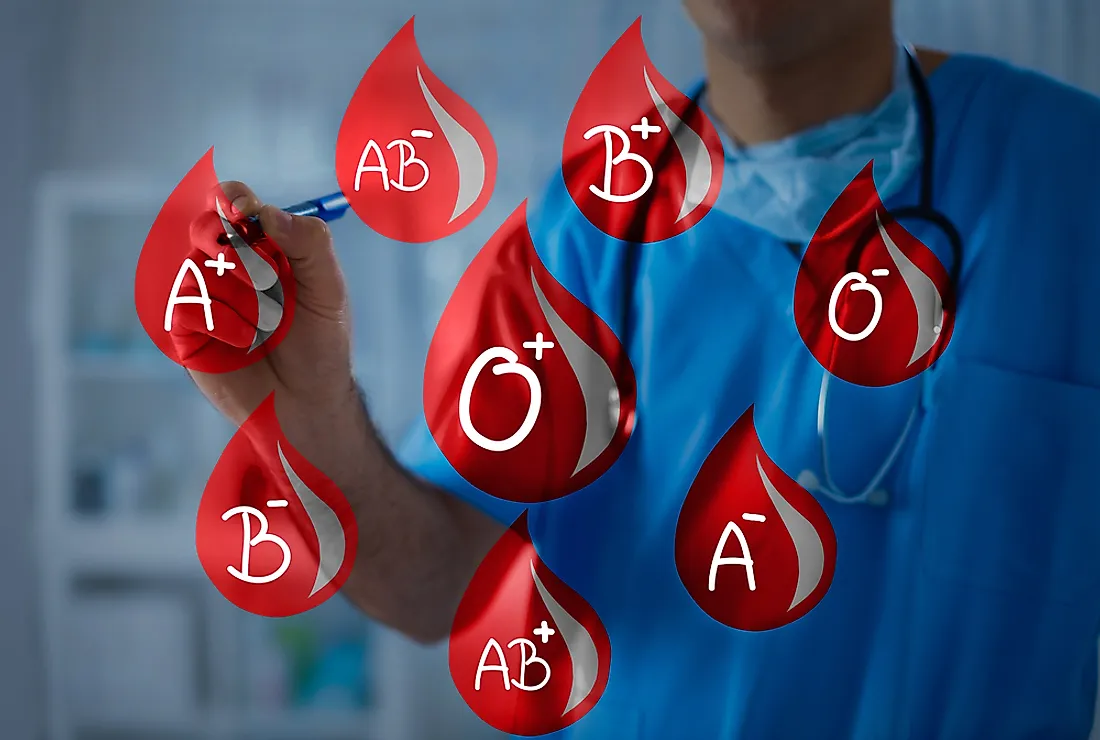What is Rosetta Stone Learning?

Rosetta Stone Learning is computer-assisted language learning software which is published by Rosetta Stone Inc. The software offers users with lessons on a wide array of languages through immersion learning by incorporating images, sounds, and texts. The software is named after an ancient stone slab discovered in Memphis which had inscriptions engraved in three distinct writing systems. Rosetta Stone Inc. released the first version of the Rosetta Stone Learning software in 1992 and has since released four other versions with the most recent one being “Rosetta Stone Language Learning 5.0.13" which was released on October 9th, 2014. After installation, the user can access language lessons which include typing lessons using different writing systems as well as pronunciation through its Audio Companion. According to the software’s user license agreement, the user obtains a license allowing one to use the software on purchasing the software and can only be communally used by up to five members of a household.
Endangered Languages Program
In 2004, Rosetta Stone established the Endangered Languages Program whose primary goal is to revitalize endangered languages. The program operates in a way that the organizations that contract the Endangered Languages Program to develop software are the owners and custodians of the final product and allow indigenous communities to have control over the language. The Endangered Languages Program is based in Harrisonburg, Virginia. Some of the languages that have gone through the Endangered Languages Program include Navajo, Mohawk, Chitimacha, Inuktitut, Inupiat, and Chickasaw. All of these languages except Inuktitut are taught to at least Level 2 with Inupiat having lessons up to Level 3. However, none of the languages has the audio companion feature. The critically endangered language of Chickasaw has an estimated 50 native speakers remaining in the world and therefore its revitalization through Rosetta Stone’s Endangered Languages Program was crucial to the survival of the language.
Recognition
The Rosetta Stone software grew to become the preferred language software to many users all over the world. The learning software has raked in numerous awards since it was released in 1992 including the 2009 Association of Educational Publishers Award, the 2009 CODie Award for the Best Learning Solution, and the 2009 Creative Child Media of Year Award among others.
Institutional Application
Due to its simplicity and accuracy, The Rosetta Stone software has in recent years been embraced by major institutions which have used the software for language lessons. One such institution is the U.S. Army which contracts Rosetta Stone to offer U.S. troops with Arabic language lessons between December 2007 and September 2011. The lessons were necessary to troops being deployed in the Middle East and offered them with the skills necessary when engaging in basic Arabic conversation. Other institutions which have used the Rosetta Stone software include the US Marine Corps as well as the US Air Force. In 2011, Rosetta Stone partnered with James Madison University to develop an intensive Spanish language syllabus to be used by the university’s students making James Madison University the first university to partner with the company. The Spanish language course runs for 16 weeks and is exclusively accessible online.







